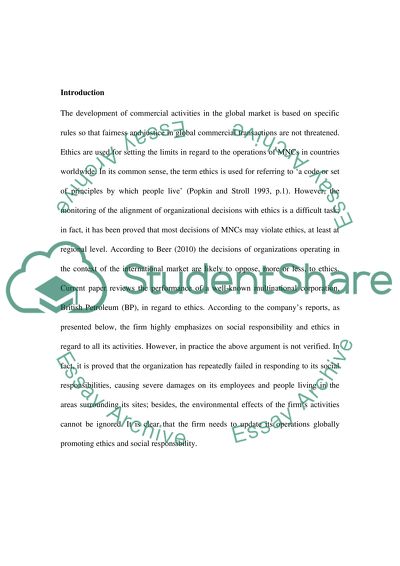Cite this document
(“Why the Managing Ethics and Social Responsibility Issue Is Relevant to Essay”, n.d.)
Retrieved from https://studentshare.org/marketing/1447578-identify-why-the-managing-ethics-and-social
Retrieved from https://studentshare.org/marketing/1447578-identify-why-the-managing-ethics-and-social
(Why the Managing Ethics and Social Responsibility Issue Is Relevant to Essay)
https://studentshare.org/marketing/1447578-identify-why-the-managing-ethics-and-social.
https://studentshare.org/marketing/1447578-identify-why-the-managing-ethics-and-social.
“Why the Managing Ethics and Social Responsibility Issue Is Relevant to Essay”, n.d. https://studentshare.org/marketing/1447578-identify-why-the-managing-ethics-and-social.


